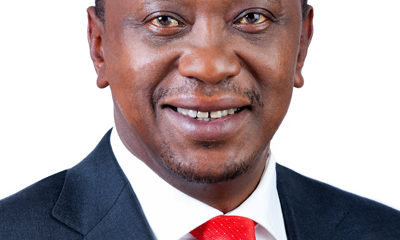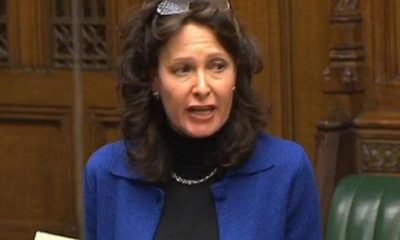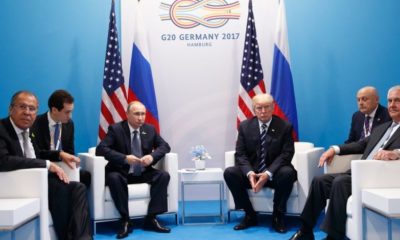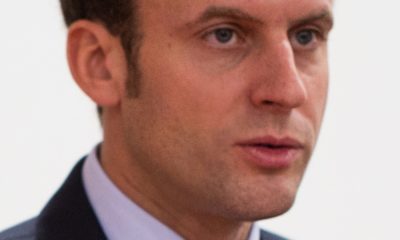
The downfall of a regime was not the primary aim of the conflict in Syria in the beginning. It actually was brought about by the people’s quest for freedom, and toppling the regime was just one of the ways that may be used to achieve this.
Removal of the regime
There were many groups involved and through the course of their quest for freedom, some of the opposition groups, such as the Syrian National Council, made the removal of the regime as their main focus, and took their cause to the general movement and to the streets of Syria.
The move convinced those that have joined the fight for freedom that toppling the regime was something that they would be able to achieve and which would ultimately grant them peace. However, the move actually formed a dividing line among the various freedom fighters. There was also the dire consequences of being labeled as a revolutionary if groups accept the move, with those that reject the move called traitors. Those opposing the removal of the regime thought that it would not fall or that it would subsequently fall after a series of various complex tasks were achieved but that is not so.
Freedom is the goal
The original goal of why the conflict started in the first place was already lost in the rhetoric. People are demanding for freedom, and freedom can be attained if the regime is overthrown. That means the regime of President Bashar al-Assad. For most of the people engaged in the conflict, the quest for freedom and toppling the regime became synonymous. However, the downfall of the regime became the sole aim of most of the opposition, thinking that this was more achievable; that it was not a complicated task. With this goal becoming more dominant, it could be equated to the people’s despair in their fight, with only the removal from office of the regime as the only light they see at the end of a long, dark tunnel.
New battle cry
Remove the oppressive regime. This became the new battle cry. The groups fighting for freedom became swayed by the idea that when this is achieved, everything else would be easier. They failed to realize that within their own struggles there were also other forces that mingled, clouding the issues further and leading their fight into another extremely risky direction.
Lost in the fight
The situation in Syria became more complicated as more powerful forces joined in. The original active and civilian forces that started the quest for freedom actually became irrelevant or marginalized. Their influence shrank, as well as the areas they had foothold before, National unity likewise seemed to have been forgotten. Today there are more inner struggles, with the conflict becoming increasingly influenced by political and religious factions.
What could be done?
It would definitely be a longer struggle but the main goal of gaining freedom for the Syrian people should be the focus of their uprising. Toppling the regime could remain as a slogan, but it should be used as a means to achieve the higher goal. They should bring back the peaceful resistance and the civilian movement, with armed national resistance a part of the whole movement. As world leaders seek to restore peace in the country, many civilians are getting affected in numerous ways, including becoming refugees, and being forced to leave their homes. People were awarded Nobel Peace Prizes, yet there is still no end to the conflict in sight. Rebels were not defeated by the government and vice-versa.
Conclusion
While the country is still in the midst of yet unresolved conflicts, Britain and the United States have stopped sending “non-lethal” supplies to the rebel groups in Syria for fear of these supplies getting into the hands of their non-supported groups. These include communication equipment, vehicles and medicine among others. However they are still sending aid in the form of emergency supplies and food. The sentiments for Syria is embodied in this passage from the article written by Mohammad Al Attar and Odai Al-Zoubi that appeared in OpenDemocracy.net, which reads:
“We need to understand what the Syrians want, fear, believe, and why they act in the way they do. It is not an easy task. But it is the only way if you really hold that the future of Syria must be in the hands of the Syrian people and not in the hands of external powers.”
Discussions are still ongoing among nations such as France, Britain, Russia and the United States, as they continue to look for a way for peace to reign in beleaguered Syria.
Photo Credit: Flag of Syria
Other Resources:
– socialistworker.org
– al-monitor.com















Facebook
Twitter
Pinterest
Google+
LinkedIn
Email